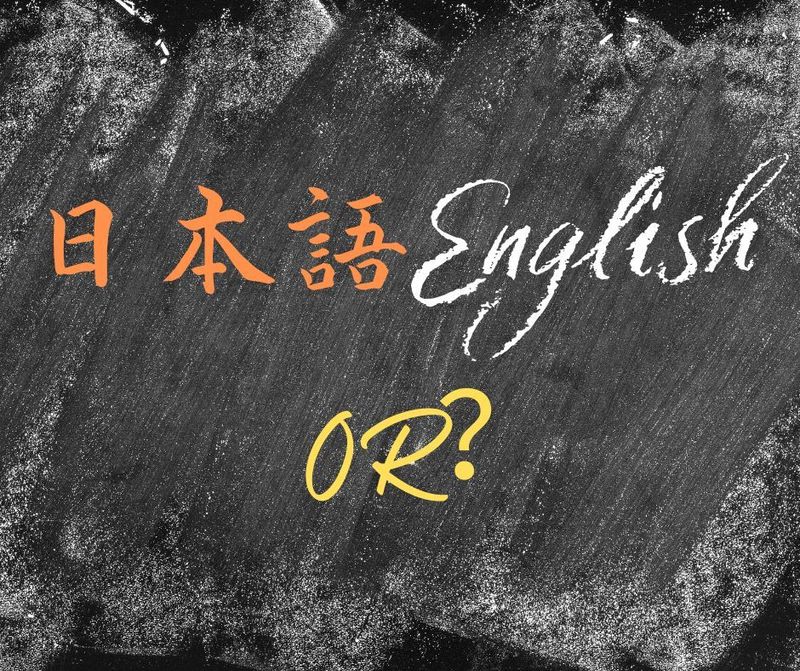Jan 25, 2025
English Language Matters: Multiculturalism and Multilingualism
My interaction with Japanese counterparts often revolves around my Japanese language proficiency. Last week, when I entered the genkan of the private high school where I teach, I chatted with some staff members who don’t speak English. We were overheard by a fellow English teacher whose attention was on her bag. When she glanced up to interject, she bugged her eyes at me. “Wait…That’s your voice?!” Usually, we converse in English, and she was surprised in a good way to hear my easy communication in Japanese. She assured me that her reaction of surprise was a compliment.

Image created with Canva
It took me a long time to become conversant in Japanese. I feel at ease most of the time, but my reading and writing skills are weak. I learned the language as an adult through infrequent tutorials with Japanese teachers. I was highly motivated - needing and wanting to understand and be understood by my colleagues, friends, and partner.
Sometimes I worry I’m so far removed in time and space from my home country, Canada, that my English is a bit dated and I feel awkward when I read and hear buzzwords or memes. But my language fluency in my “mother tongue” (mother tongues, actually as I’m bidialectic) is quite solid as I consume a lot of media to stay current with issues and language usage.
And then I’m confronted with the issue of kids in my lessons at a private high school. Some of my students are from families that have elected to relocate to Japan and others are the fruits of bicultural alliances. The kids may or may not have opportunities to practice the languages of their home country relations. I get it, as my family grappled with multilingual issues in my country of birth. Which language wins out? It’s often the national language as kids integrate into school life.
And that results in the issue of “mother tongue.” Recently, filmmaker Kiho Park, a foreign resident with Korean roots, explored the language and cultural challenges of kids with foreign roots. His film reveals how kids struggle to communicate with their relatives abroad.
He suggests a law to protect opportunities for people with foreign roots to learn their heritage languages. Language competence is a thread that keeps families connected across continents and oceans.
My home country, Canada, has a robust multicultural policy, but Canadians struggle to maintain their heritage languages. It’s not just an immigration issue but also a question of indigenous cultures and language retention. Japan continues to experience an increase in the foreign-born population and all the languages they speak. Not to mention the preservation of dialects such as Hachijo and endangered varieties of Japanese.
Coinciding with Kiho Park’s film project is a call for Chiba Prefecture residents to support young Japanese language learners. The impulse is to instruct kids with foreign roots to learn standard Japanese from people who are Japanese language speakers no matter their background.
Do your kids, whether students or progeny, maintain their “mother tongues” or heritage languages? What resources do you depend on to maintain the languages?



2 Comments
Centaur1975
on Feb 4
My sister migrated to Canada recently and my niece is a fluent English speaker. I encourage my son and daughter to speak English to be able to communicate with them.
TonetoEdo
on Feb 4
@Centaur1975 Ah, so you and your family are speakers of another language? I'm a second-generation Canadian and my mother's generation used a German dialect at home and went to Saturday school for standard German. I wasn't encouraged to learn either as there was so much pride wrapped up in having us second-generation kids use English. We were also encouraged to become fluent in French to have a shot at government employment.